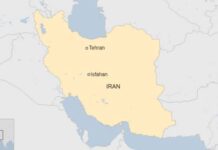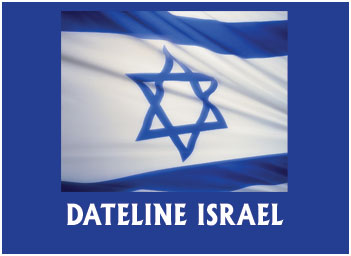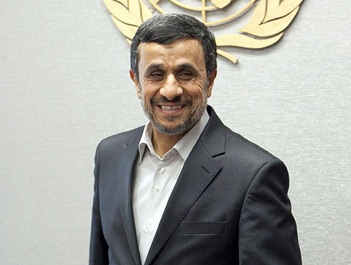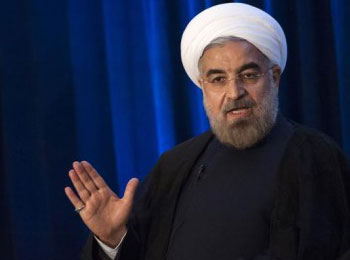After 460 rockets were fired at southern Israel in a little more than one day, the Israeli government and Hamas entered an Egyptian brokered ceasefire on Tuesday evening.
The move came after the Israeli Defense Forces (IDF) started to call up reservists to reinforce “vital forces” along the border with Gaza a measure which was seen by many observers as a preparation for a ground incursion.
At the same time, the Israeli security cabinet was holding seven-hours-lasting consultations with the top of Israel’s security forces without coming to a vote about a large-scale military operation against Hamas and the other Palestinian terror groups in Gaza.
The news about the ceasefire angered many in Israel and the residents of the Gaza-belt in particular.
On Tuesday evening and Wednesday morning, demonstrations involving schoolchildren were held in the border town of Sederot and in the coastal city of Ashkelon which had been the scene of a direct hit by a missile fired by Hamas on Monday evening.
Israeli residents of southern towns, communities and cities said that after 18 years living under the threat of terror they had enough and blamed the government for not dealing a mortal blow to Hamas and the other Palestinian terror groups in Gaza.
On the political front, the decision to enter into a new ceasefire with Hamas exposed the divisions within the Israeli cabinet and on Wednesday led to the resignation of Defense Minister Avigdor Liberman who told reporters that the truce was “a capitulation to terror.”
Hamas, meanwhile, was celebrating the ceasefire with Israel as a new victory and claimed on Wednesday that Liberman’s resignation was “an admission of defeat and a sign of failure to face the Palestinian ‘resistance’,” a conclusion which was shared by Israeli commentators such as Tal Lev Ram a journalist working for the paper Maariv.
The divisions in the Israeli cabinet over the policy vis a vis Gaza and the resignation of DM Liberman could ultimately lead to the fall of Prime Minister Netanyahu’s government if the Israeli PM doesn’t give in to the demand of Education Minister Naftali Bennet to appoint him as the new Defense Minister.
Bennet vehemently denied he had been in favor of the ceasefire with Hamas and immediately after Liberman announced he would resign made clear that his party Bayit HaYehudi would leave the coalition if he doesn’t get the Defense portfolio.
The leftist parties in Israel are already working in the assumption that early elections are on their way with Zionist Union leader Avi Gabbay demanding that Netanyahu should resign as well.
The Israeli PM, however, rejected the criticism of his policy vis a vis the Palestinian terror groups in Gaza.
While delivering a speech during the state memorial service commemorating the 45th anniversary of the passing away of former Israeli PM David Ben Gurion, Netanyahu claimed that the enemies (in Gaza) had begged Israel for a ceasefire and said that the public in Israel is not able to see “the overall picture of Israel’s security.”
“Our enemies pleaded for a ceasefire and they know very well why,” the longest-serving Israeli PM said, while adding that in times of crisis he had to show leadership and had to make “crucial considerations that must be concealed from the enemy.”
“I cannot elaborate on our plans for the future. We will determine the right conditions and the right times for the State of Israel, which are correct for the security of our citizens,” Netanyahu said hinting at possible future action against Hamas in Gaza.
Hamas already breached the ceasefire on Wednesday morning when a terrorist threw grenades at IDF soldiers who were guarding the border with Gaza. The terrorist, who was carrying a knife as well, was fired upon and later arrested by the Israeli soldiers.
The terrorist organization is controlling the whole conflict with Israel according to Israeli analyst Shimrit Meir who was interviewed by The New York Times.
Meir’s conclusion was shared by other analysts such as Ha’aretz journalist Amos Harel, who wrote that the Palestinian terrorists are “growing increasingly bold.”





















